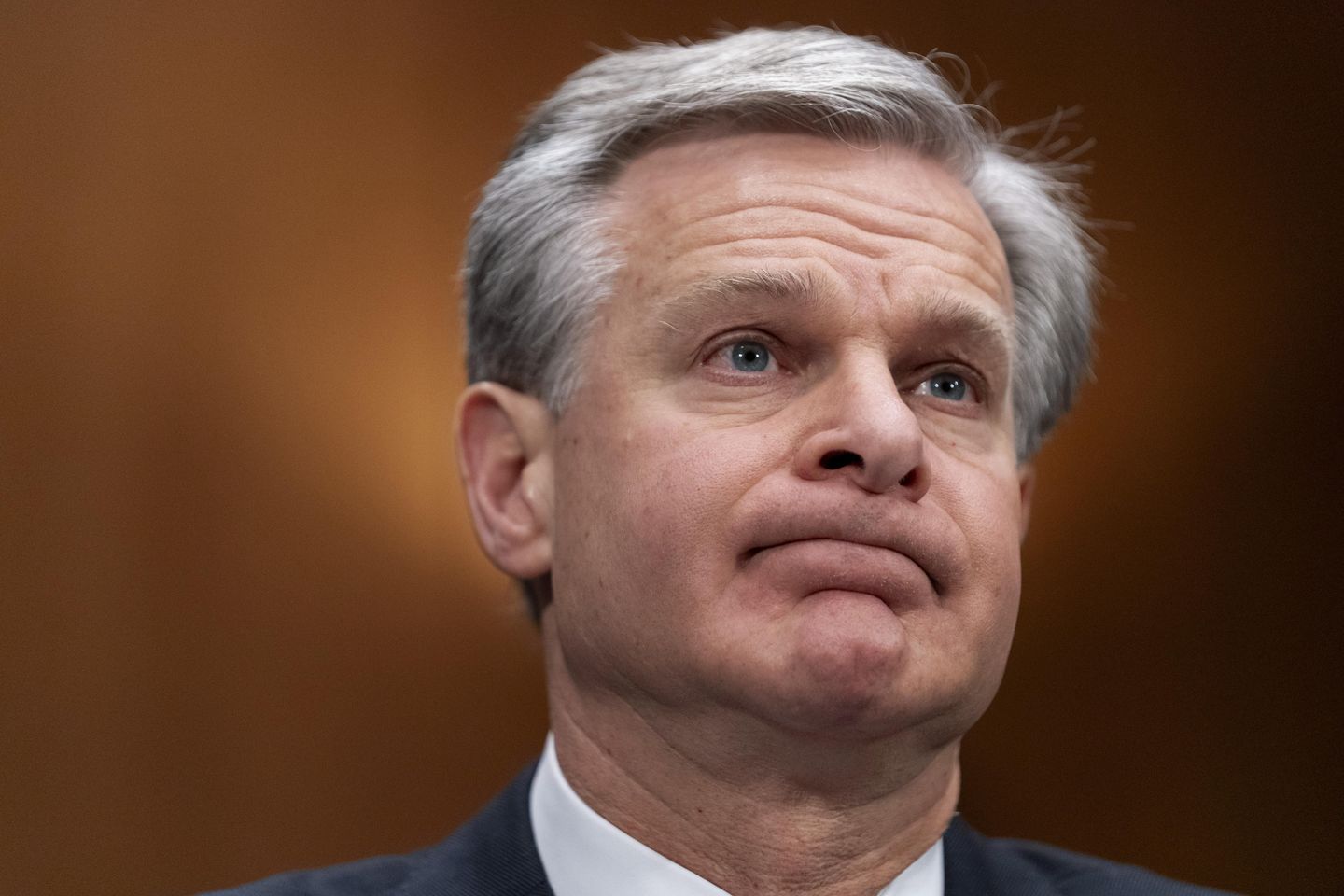
Newly released FBI files reveal that targeting of Catholic groups was more extensive than Biden-era officials acknowledged, showing a broader surveillance operation against traditional Catholic organizations than previously disclosed to Congress and the public. Here’s what you need to know about this significant religious liberty controversy:
The document revelations
Internal FBI files expose expanded surveillance scope:
- Multiple field offices participating in Catholic surveillance operations
- Traditional Latin Mass communities specifically targeted
- Informants allegedly recruited within Catholic parishes
- Surveillance extending beyond initially acknowledged Richmond field office
- Operations coordinated at higher levels than previously admitted
- Religious activities monitored as potential domestic terrorism
- Conservative Catholic organizations systematically investigated
The scope expansion
Investigation broader than official acknowledgments:
- Los Angeles, Portland and other field offices involved
- National coordination of religious surveillance activities
- Traditional Catholic websites and publications monitored
- Parish activities and religious gatherings under observation
- Conservative Catholic political activities specifically tracked
- Religious education programs included in surveillance scope
- Clergy members potentially subjects of investigation
The congressional testimony discrepancies
Previous official statements contradicted by documents:
- FBI Director Christopher Wray’s testimony appears incomplete
- Justice Department officials’ briefings minimized scope
- Congressional oversight committees potentially misled
- Biden administration officials’ public statements questioned
- Internal communications contradicting external assurances
- Document classification potentially used to hide extent
- Whistleblower protections relevant to disclosure sources
The religious liberty implications
Constitutional questions raised by surveillance activities:
- First Amendment religious freedom protections potentially violated
- Establishment Clause concerns about government targeting religion
- Free Exercise Clause violations in surveillance of worship
- Religious autonomy principles challenged
- Chilling effect on religious practice and expression
- Discrimination based on traditional religious beliefs
- Separation of church and state boundaries crossed
The Catholic community response
Religious organizations expressing alarm and outrage:
- U.S. Conference of Catholic Bishops demanding explanations
- Traditional Catholic organizations considering legal action
- Parish communities reporting suspicious activities
- Catholic universities reviewing security protocols
- Religious liberty law firms preparing litigation
- Interfaith coalitions forming in response
- Catholic politicians calling for investigations
The political dimensions
Controversy affecting broader political landscape:
- Republican lawmakers demanding comprehensive investigations
- Democratic response generally defending FBI practices
- Religious liberty becoming prominent campaign issue
- Catholic voters potentially affected in key swing states
- Conservative legal organizations mobilizing resources
- Media coverage divided along predictable partisan lines
- Trump administration promising accountability measures
The investigative context
Surveillance occurring within broader domestic terrorism focus:
- Post-January 6th security environment affecting priorities
- Traditional values characterized as potential extremism
- Religious conservatism conflated with political extremism
- Pro-life activism potentially triggering surveillance
- Catholic social teaching viewed as suspicious
- Religious objections to progressive policies monitored
- Faith-based political engagement treated as threat
What happens next
Several key developments are anticipated:
- Congressional investigations expanding scope and authority
- Justice Department Inspector General reviewing practices
- Legal challenges to surveillance practices likely
- Additional document releases through FOIA requests
- FBI policy reviews regarding religious organization monitoring
- Congressional hearings featuring affected Catholic organizations
- Potential legislative reforms to protect religious communities
Read more:
• FBI files show targeting of Catholic groups bigger than Biden-era officials acknowledged
This article is written with the assistance of generative artificial intelligence based solely on Washington Times original reporting and wire services. For more information, please read our AI policy or contact Ann Wog, Managing Editor for Digital, at awog@washingtontimes.com
The Washington Times AI Ethics Newsroom Committee can be reached at aispotlight@washingtontimes.com.








